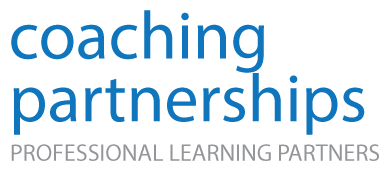By Natalie Irons, Associate Director, Instructional Coaching, UCLA Center X
With the end of June here, you may be well into your much deserved break.
And maybe you are taking time to continue to reflect upon how our work as educators, especially at this time, is being impacted. A recent edweek.org list of headlines includes topics of gun violence, protections from supreme court decisions, barriers to the use of technology, and a disillusioned workforce – these are only a few of the current issues facing educators. It’s hard not to feel dismay and shear exhaustion from the constant flood of demands, regardless of role or title.
It begs the question… how much longer and further can any of us continue at this pace in these conditions? Some of us might think that the answers lie in getting better at what we do and how we do the things we do, like refining our “best practice” strategies or managing our time more efficiently.
Carol Sanford in Indirect Work invites us to consider who we might need to be to support someone in the process of becoming who they need to be. She writes that our work is to “start from the assumption that all living beings have agency and purpose” and that we don’t “need to impose our will or our ideas” onto people (p.22). And yet, how often do we feel the force of will thrust upon us, to get us to comply or follow protocol or to change our ways?
Imagine taking this question – Who do I need to be to support someone in the process of becoming? – to the classroom where a teacher considers first their influence from the perspective of their identity, who they are and who they need to be, to allow a student to be their authentic, whole self? That student then feels validated and capable to explore and discover new interests and new ways that they learn. Sound empowering? Imagine the leader in a system providing that same paradigm to the teachers of that group of students. What might be the effect of their thinking as influencers in their classroom and beyond? So much possibility and potential can come from raising consciousness in our development of our own capabilities and having the space to be.
This summer might be the most critical yet to pause, reflect and consider how we are and become in our work.
As coaches who understand the scope of change presented in your systems, how do you see your role as an influencer? What are some of the capabilities you nurture and develop in yourself? What might be the potential rippling effects when you give attention to yourself and your learning?

